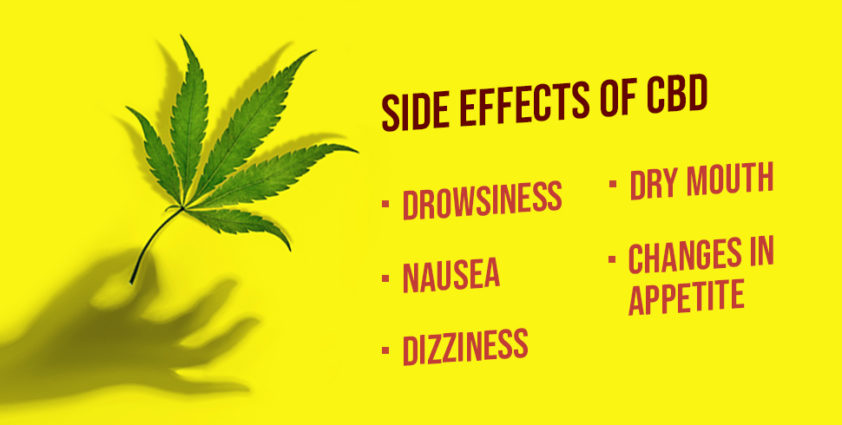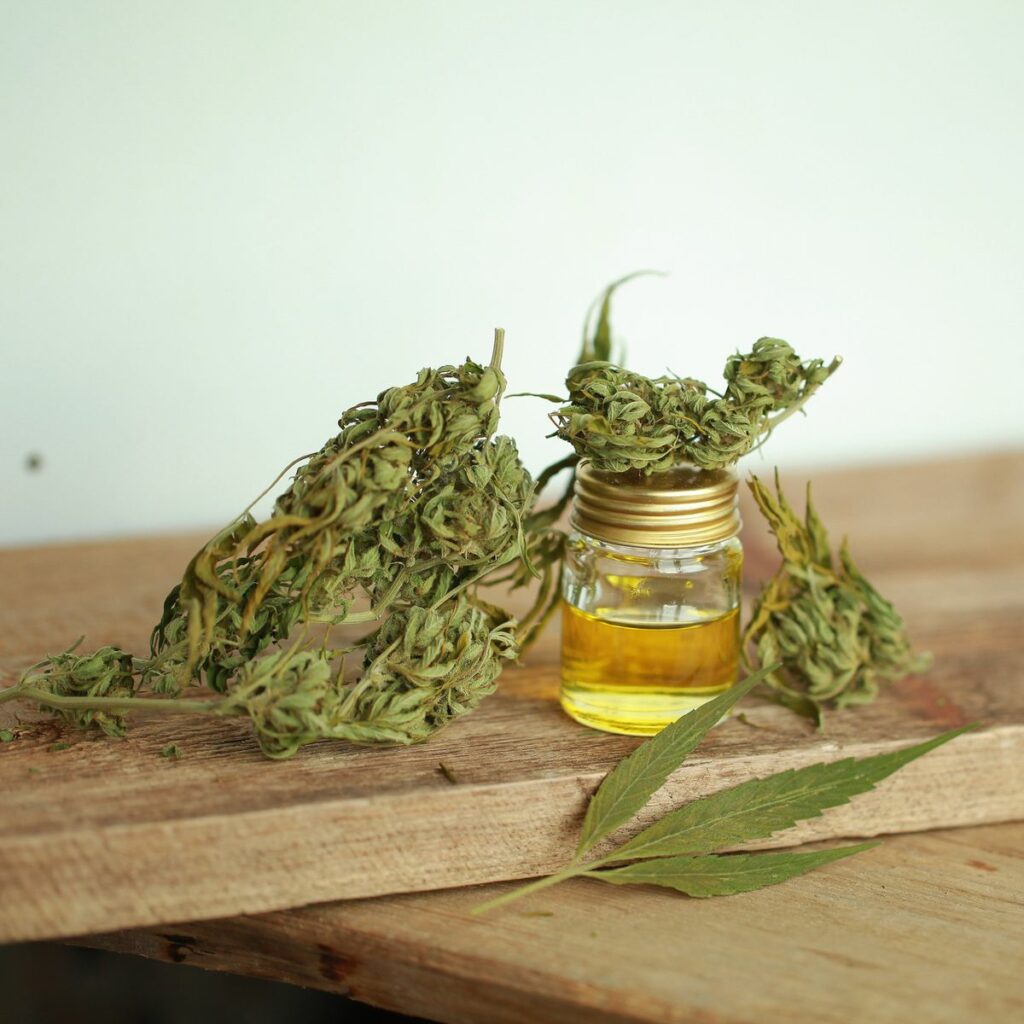Cannabis, concentrates
CBD Oil Side Effects
With the increasing popularity of CBD oil and its various products, it’s essential to understand the potential side effects that may come with its use. In this comprehensive guide, we will explore the most common CBD oil side effects, the factors that may influence these side effects, and precautions to take when using CBD oil. We will also discuss the differences between CBD oil and marijuana, the legality of CBD oil, and how to choose a high-quality product.
Common CBD Oil Side Effects
While CBD oil is generally considered safe for most people, it’s crucial to be aware of the potential side effects that may occur. The following are the most common side effects reported by users:
- Drowsiness: CBD oil may cause drowsiness or sedation, particularly when taken in high doses or combined with other sedating medications.
- Gastrointestinal issues: Some individuals may experience diarrhea or liver problems when using CBD oil. This depends on the person’s medical history and sensitivity to the product.
- Dry mouth: Also known as “cotton mouth,” CBD oil can potentially cause your mouth and eyes to feel very dry.
- Reduced appetite: Some users may experience a decrease in appetite when taking CBD oil.
- Nausea: Ingesting CBD supplements may cause nausea in some individuals, particularly those who are sensitive to CBD or consuming higher doses.
- Interaction with other medications: CBD oil may interfere with the effectiveness of other medications you are taking. It’s essential to consult your doctor before starting CBD oil to ensure it won’t negatively affect your current prescriptions.
Factors Influencing CBD Oil Side Effects
The side effects you may experience when using CBD oil depend on various factors, including:
- The form of CBD product (oils, gummies, tinctures, vapes, etc.)
- The dosage and concentration of CBD in the product
- Your individual sensitivity to CBD
- The presence of other compounds, such as THC, in the product
- The quality and purity of the CBD oil

What is Cannabidiol (CBD)?
Cannabidiol (CBD) is a chemical compound derived from the hemp plant, which has gained significant popularity in recent years. CBD is one of the many compounds found in the cannabis plant and is distinct from THC (Delta-9-Tetrahydrocannabinol). This is the psychoactive component responsible for the “high” associated with marijuana use.
CBD is not intoxicating and is often used for its potential therapeutic benefits, such as reducing inflammation, relieving pain, and alleviating anxiety. CBD is typically extracted from hemp plants, which contain less than 0.3% THC, making it legal in many jurisdictions.
Benefits of Using CBD Oil
There are several reasons why people use CBD oil, ranging from pain relief to skincare. While research on CBD’s effectiveness is ongoing, there is some evidence to suggest that CBD may have various health benefits, including:
- Positive impact on brain function
- Anti-inflammatory properties
- Stress and anxiety relief
- Nausea treatment
- Pain relief
- Antioxidant effects
- Skin care
It’s essential to note that while CBD oil may provide some relief for various health concerns, it is not a cure-all for serious medical conditions like cancer. It’s crucial to consult with a medical professional before using CBD oil to ensure it’s appropriate for your specific needs.
CBD Oil: An Unregulated Substance
One of the critical aspects to consider when using CBD oil is that it is currently an unregulated substance in many countries, including the United States. This means that the quality, purity, and dosage of CBD oil products may vary, and there is no guarantee that a product is accurately labeled or safe to use. It’s essential to research and choose high-quality, reputable CBD oil products to ensure you are using a safe and effective product.
CBD Oil vs. Marijuana
CBD oil and marijuana both come from the cannabis plant family, but they have some key differences:
- CBD oil is typically derived from hemp plants and contains little to no THC (0.3% or less).
- Marijuana is a separate plant in the hemp family that contains higher levels of THC and other compounds, including CBD.
- CBD oil primarily affects receptors in the brain that do not induce psychoactive effects, while THC binds to cannabinoid receptors in the brain to create a “high” feeling.
Understanding these differences is crucial when choosing a CBD oil product, as the presence of THC may lead to additional side effects and potential legal issues.
Precautions to Take When Using CBD Oil and its Side Effects
Before using CBD oil, it’s important to take the following precautions:
- Consult with your doctor if you have any medical conditions or are taking other medications to ensure CBD oil won’t negatively affect your health or the effectiveness of your prescriptions.
- Start with a low dose and gradually increase until you find the optimal amount for your needs.
- Choose a high-quality, reputable CBD oil product that has undergone third-party testing and is free of contaminants.
- Be aware of potential side effects and discontinue use if you experience any severe reactions.
Dosage: How Much CBD Oil Should You Take?
Determining the appropriate dosage of CBD oil can be challenging due to the lack of standardized guidelines. However, it’s generally recommended to start with a low dose and gradually increase until you find the optimal amount for your needs. It’s important to consult with your doctor before starting CBD oil to ensure the appropriate dosage for your specific needs.
Potential Interactions with Other Medications

CBD oil may interact with other medications, particularly those used to treat epilepsy and other seizure disorders. This is because CBD oil can affect the liver enzymes responsible for breaking down these medications, potentially altering their effectiveness. It’s essential to consult with your healthcare provider if you are taking any medications to ensure there are no potential interactions with CBD oil.
Choosing a High-Quality CBD Oil Product
To ensure you are using a safe and effective CBD oil product. It’s important to choose a reputable brand that adheres to strict quality control standards. Look for products that have undergone third-party testing and provide a certificate of analysis (COA) to confirm the purity and potency of the CBD oil. Additionally, opt for products that use CO2 extraction methods, as this is considered the cleanest and most efficient way to extract CBD oil.
Legal Considerations
While CBD oil is legal in many countries and states. It’s essential to be aware of the specific laws and regulations governing CBD oil in your jurisdiction. In the United States, CBD oil derived from hemp plants containing less than 0.3% THC is legal under federal law. However, various state laws may vary. Always check your local laws and regulations before purchasing or using CBD oil products.
Conclusion
While CBD oil has gained popularity as a potential natural remedy for various health concerns. It’s essential to understand the potential side effects and precautions associated with its use. By choosing high-quality, reputable CBD oil products and consulting with your healthcare provider, you can minimize the risk of side effects and ensure a safe and effective experience with CBD oil.

